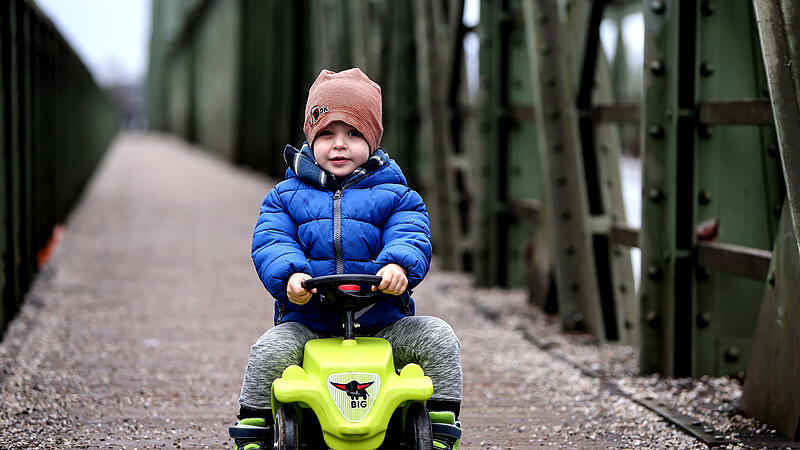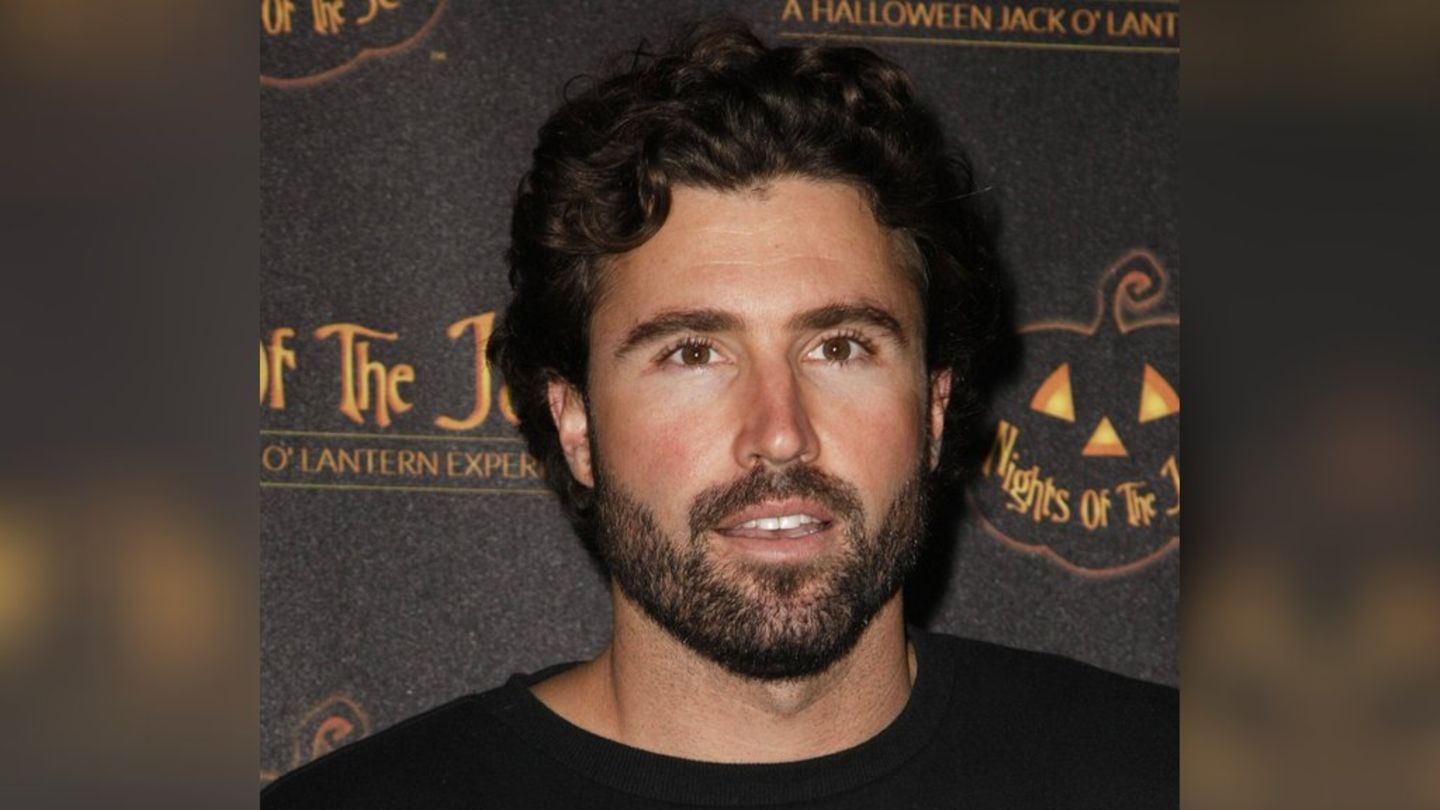Image: (Iconic image: vowe)
This means that a child has an accident every five minutes. 75 percent of accidents happen at home and during leisure time, said KFV Managing Director Christian Schimanofsky. “The numbers are alarming.”
The KFV calls for specific responsibility for child safety at the political level, there is currently no one responsible, so there is a risk that “nobody is really responsible,” said Schimanofsky. “The decision-makers are busy with adult problems such as war or inflation,” says the KFV managing director. Measures to increase child safety “are on the table, they have to be put into practice”. A child safety ministry would be suitable for this, according to the KFV’s demand.
Video: Statement by Christian Schimanofsky
Accidents are among the greatest health risks for children
In the previous year, more than 300 children had to be treated in hospital every day after injuries, and every two and a half weeks a child dies as a result of an accident. According to the KFV, in the Corona year 2021 there were still 95,300 injured under the age of 15. The figures come from the Injury Database Austria (IDB Austria), a statistical survey by the KFV, for which structured interviews are carried out in selected outpatient clinics in Austrian hospitals.
Accidents are among the greatest health risks for children. “While minor injuries from play and sport are part of a child’s development, those accidents in which children die or are permanently injured due to a lack of safety precautions are particularly distressing,” said Schimanofsky. 22 girls and boys under the age of 15 died in accidents in 2022. Of these, 13 children died on the road, five drowned, two died in a severe storm in Carinthia and one child each was killed in a tobogganing accident and one in an agricultural accident.
When it comes to child safety, Austria ranks tenth in the most recent EU comparison with an incidence of 18 fatally injured children per million inhabitants (Eurostat 2023; average 2017-2019, EU-27, processing KFV). While this is below the EU average (incidence 23), it is still well above Ireland, the country with the lowest value.
Three quarters of accidents happen at home and during leisure time
Three quarters of accidents happen at home and during leisure time. “We expect that there will be falls from windows and drownings in the next month,” said Schimanofsky. “We should move from talking to action,” says Schimanofsky. In addition to its own child protection ministry, the KFV is demanding an action plan with which measures to prevent child accidents are included in the government program and, above all, implemented. As an example: in 2022 five children drowned in Austria, this year two, most recently a five-year-old girl in a thermal bath, but there is no nationwide offer of swimming courses. For many, these are not affordable – if they exist at all. In some federal states there is already a free offer. The KFV demands free swimming courses throughout Austria. This is a relatively simple measure that can be implemented quickly and brings a lot. Swimming courses “can’t start early enough,” said Schimanofsky, and it would be ideal if children aged four and over learned it.
Need for action in road traffic
There is a particularly great need for action in road traffic. Six children died in car accidents here last year, four as pedestrians and one child each on a bicycle, e-scooter and moped. “In 71 percent of the cases, we adults are to blame for the accident,” said Klaus Robatsch, Head of Traffic Safety at KFV. Schoolchildren are out and about in traffic every day, on foot, by car, by bicycle or by scooter. Above all, the new means of transport were not taken into account in the planning, said Robasch. He demands that the viewing conditions be adapted to the size and needs of the children. Children cannot be seen behind parked cars or hedges. “For children, the situation on the road is unbearable,” affirmed the expert.
Video: Statement by Klaus Robatsch
Cars travel too fast, the infrastructure is only designed for adults, and there is no space to learn to ride a bike, for example. “Especially when building and maintaining the road infrastructure, more consideration must be given to the needs of children in the future,” demanded Robatsch. In front of schools and leisure facilities such as parks, a maximum of 30 km/h should apply, said the expert. This means that it is still possible to stop if, for example, a child steps onto the street. At 50 km/h on the same route, “the reaction time is just over”. The expert also demanded that inappropriate speed should become a prior offence. “Here we are the only country in Europe” where that is not the case, said Robatsch.
“Success through targeted prevention work is possible”
“Successes through targeted prevention work are possible. However, the year 2019 marks a dramatic turnaround. In that year, more children were killed in traffic accidents than they have been for a very long time. This negative trend was only slowed down by the corona pandemic, 2023 is the continuation of the negative trend can again be clearly predicted and is also reflected in other areas of children’s lives,” concludes Robatsch. In 2019, 16 children lost their lives on the roads.
If an accident does occur, first aid must be provided. “Dare to help, the only thing you can do wrong is to do nothing,” appealed Georg Schuster from the Austrian Red Cross Education Center. The measures remain the same, both in the case of a fall from the changing table and a fall from a bicycle. “Speak up, check if the child is still breathing, see that the airways are clear, turn on the side and dial the emergency number 144,” said the expert. He also recommends special first aid courses for child emergencies.
If the children are asked about their wishes for improving their quality of life and safety, they agree: the desire for more safety on the road and safer places so that they can play more freely is at the top of the wish list of all children surveyed by the parents, informed the KFV. In a survey conducted by the KFV in Germany, Austria and Switzerland among 2,619 people in 2022, 52 percent of the parents surveyed in Austria were also in favor of stricter legal measures, especially for road traffic.
Source: Nachrichten




